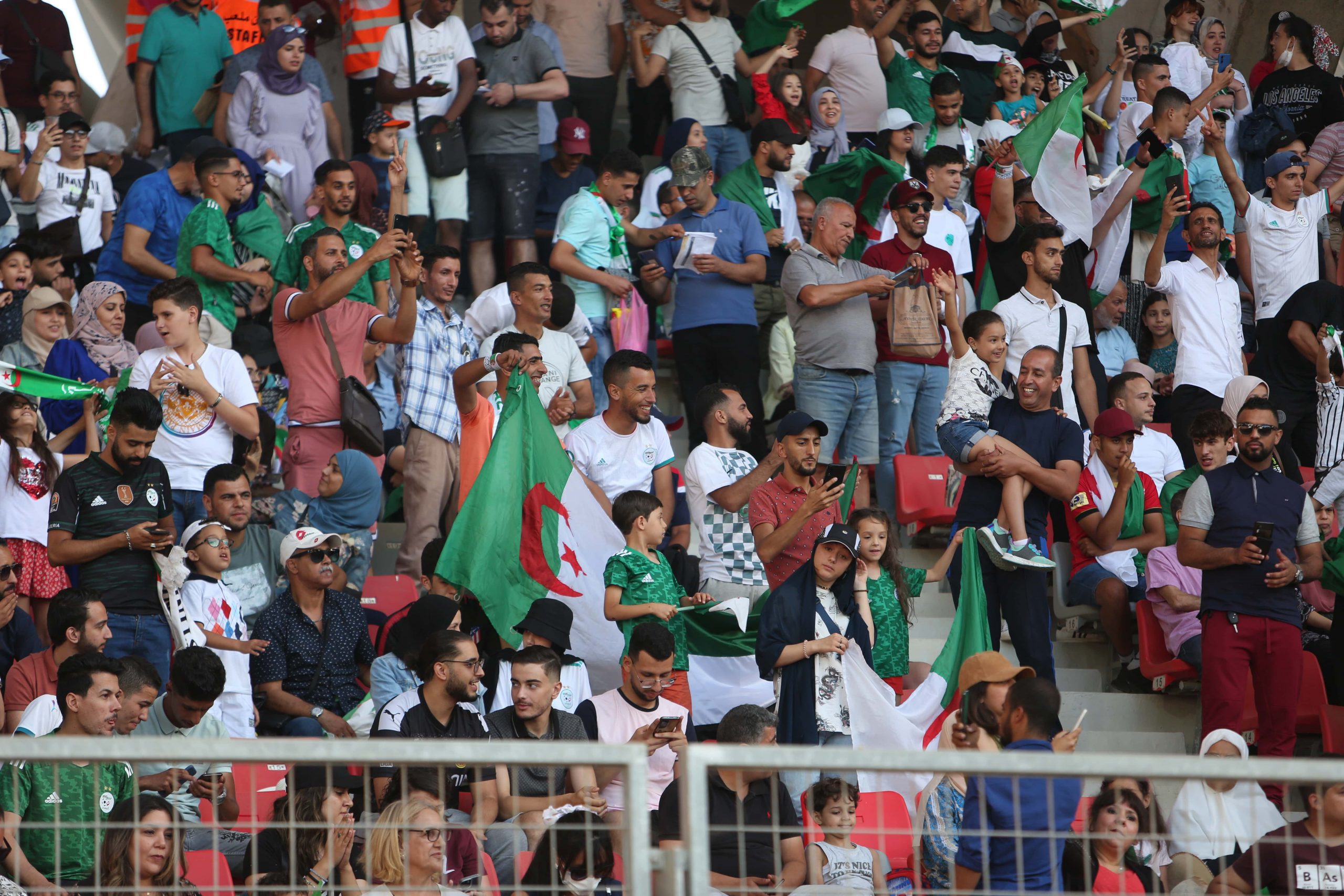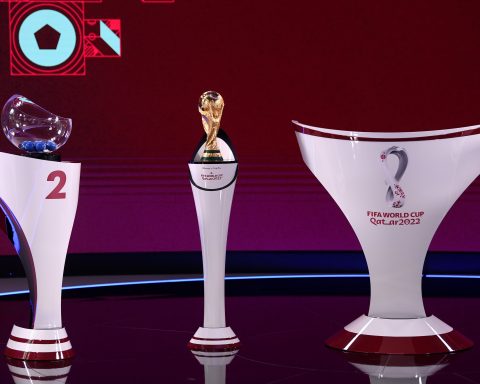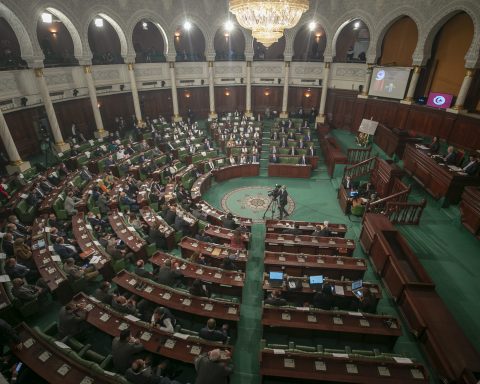Sports and geopolitics are both dialectical topics, although one might argue to separate one from the other, like religion and politics. Yet, football, for instance, is considered spiritual healing in countries such as Brazil, England, and Mediterranean countries. These days, Algeria is holding the 19th Mediterranean Games in the second largest and most gorgeous city of Oran. This is the second time Algeria has held the Mediterranean Games; the first was in 1975 in Algiers.
As a result, youths have been looking at the 1000-mile coastlines of the Mediterranean as the only breeze of hope, not to enjoy its gorgeous beaches and delicious sardines, but to cross to Sardinia (Italy) and Almeria (Spain), searching for a better life, while the well-off in the country are enjoying the sunset from their mansions’ balconies and their children are skating on jet seas in the beaches of the Andalusians, Oran, and Sidi-Fredj Algeria.
The Mediterranean is not a banal sea
Algeria, known as the “Balcony of the Mediterranean” because of its geographical position, is at the crossroads of the Mediterranean, the Arab world and the African continent. Coincidentally, Oran’s 19th Mediterranean Games coincide with the commemorations of the country’s sixtieth anniversary of independence from 132 years of harsh occupation and acculturation. As a result, the 19th Mediterranean Games are inflaming further the political fever that hundreds of thousands of Algerians are jubilating about these days, following the peaceful protests of the nine months of the 2019 Hirak movement that led to the fall of the late President Abdelaziz Bouteflika.
These political and sports mobilities are the majority of Algerians to walk with their new leaders, civilians and military alike, in spite of the shock of last March’s 2022 FIFA World Cup qualification match against Cameroon in Blida, Algeria. Algerians, however, have already recovered from the night of March 30, 2022, their nightmare. Thus, the presence of Qatari Emir Sheikh Tamim bin Hamad al-Thani in Oran, seated next to Algerian President Abdelmadjid Tebboune and Vice-President of Türkiye Fuat Oktay in the official stand of Miloud Hadfi, the brand-new stadium in the games’ opening ceremony, did make the crowds and Algerian viewers proud of their country’s sports performances.
An opening ceremony that was not just about sports, nonetheless, it was a vivid message in a time of geopolitical upheaval in the MENA region, particularly on the Mediterranean’s banks. The Mediterranean, like French historian Fernand Braudel put it, “is not just a banal sea.” On this stance, the presence of Sheikh Tamim bin Hamad al-Thani and the Turkish Vice-President demonstrates the importance of the Algiers-Ankara-Doha axis’ Mediterranean variable geopolitics and geo-economics in light of the world and regional disorders.
In 2007, ex-French President Nicolas Sarkozy launched a sub-regional system project, the Union of the Mediterranean, which spreads from the Phocean City, Marseille, to the Pearl of the Mediterranean, Alexandria, creating an intercultural bridge, which could generate an immense economic market for millions of people to exploit, and billions of euros for investors. The project includes countries that are on the two banks of the Mediterranean basin and will eventually be an extension of the spirit of the Barcelona process in 1995.
The failure was partly linked to the domestic factors of the complex agenda between the Euro-Maghreb relationship on the one hand, and the Euro-Mashreq on the other. Since the Barcelona process, the Maghreb-Mashreq (MENA) region has been like a volcano hub with many cinders: political instability and tensions, terrorist group threats, organized crime and human trafficking, and illegal immigration issues — on the latter, just on the eve of Oran’s 19th Mediterranean Games opening ceremony, a human tragedy occurred in the occupied Moroccan enclave of Melilla. During an attempted crossing of the fence between the city of al-Nadhor in Morocco and Melilla in Spain on Friday morning, twenty-three migrants were killed and seventy were injured in violent clashes with the Moroccan police.
This human tragedy says it all about how the Mediterranean is, de facto, not just a banal sea.
The Mediterranean is a dead sea!
The calamity of African Sahel migrants dying in the sea is like Maghreb countries’ Haraga (illegal immigrants). A socioeconomic phenomenon that is turning into a serious national security imperative day-in and day-out is making news headlines in local papers. Tens of Algerians, like Tunisians who are crossing to Italian shores, are caught in the so-called al-Boti (death boat), crossing through the black night waters of the Mediterranean, praying to land on the beaches of Almeria following a six-hour crossing from Oran for the Algerians case, so the Moroccans are crossing to Spaniard costs.
Meanwhile, southern EU countries argue hypocritically that the “issue” is a direct threat to their national security. Therefore, Maghreb countries should take their part of the responsibility, enhancing cooperation to stop the efflux of migrants and Haraga, but political instability in Tunisia and failed state institutions in Libya are Morocco’s compulsion tactic vis-à-vis southern EU countries, using the migrants and Haraga card as a wild card to score domestic and sub-regional political points in a complex integral system in the region.
Whereas, Algeria has started to implement a serious migrant policy on its southern borders with the African Sahel countries, and has put in place an entire agenda to tackle the Haraga phenomena, not only from a law-and-order parameter, but also from a long-term public policy aimed at the country’s youth.
The issue of Haraga nowadays is not exclusively a Maghreb phenomenon, it is also a Mashreq one; lately, hundreds of Lebanese have been swimming in the Mediterranean, like Syrians, Iraqis, and Afghans, crossing the Aegean Sea. People are fed up and deceived; their only hope to live is to burn (al-Harga). Consequently, the masses are crossing the Mediterranean daily, dangerously pursuing a dignified life. In the time of the COVID-19 pandemic and the Russia-Ukraine War, life is no longer rosy like the dream of those migrants and Haraga. Life in the northern banks today looks like the pyramidal project of Ex-French President Nicolas Sarkozy, and it needs more than lyricism and exaltation.
The Mediterranean: high stakes in geopolitics
The Mediterranean is not a country club with warm gold sandy beaches or glamorous palaces; it is a violent space and sphere of superpower influences that have always been a mysterious dynamic of the balance of power between the East and West for centuries, a strategic battlefield between global and regional superpowers. The U.S. is in the region with its sixth fleet in Italy and Africom liaisons in the African Sahel, sandwiching the entire Mediterranean region.
Russia is defending its national interest in the Mediterranean by taking control of all Syrian strategic harbors and keeping a close eye on the Libyan shores. France and Türkiye are in a “mutual prudent diplomacy” paradigm, in which Paris still believes the West Mediterranean is its yard pool. Meanwhile, Türkiye sees it as its vital maritime gateway through North Africa and ultimately to the African continent. China’s Mediterranean activism has been on the rise, notably among Maghreb countries, in particular with Algeria over the past years.
In sum, the Mediterranean reflects the complexity of politics and geopolitics, like the high temper and fast mobility of the Mediterranean people, who share cultural interaction and economic connection, but often live through brutal civilizational conflicts between regional powers, shaping world affairs and geopolitics. So, only sports are left to end hegemony and bring fraternity.













